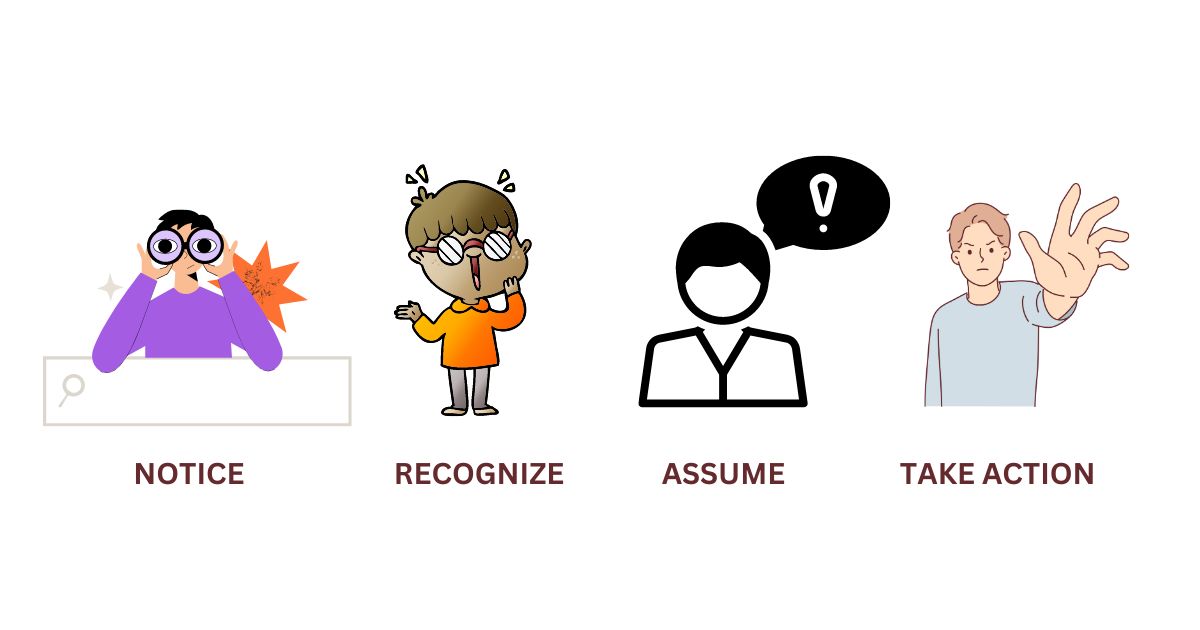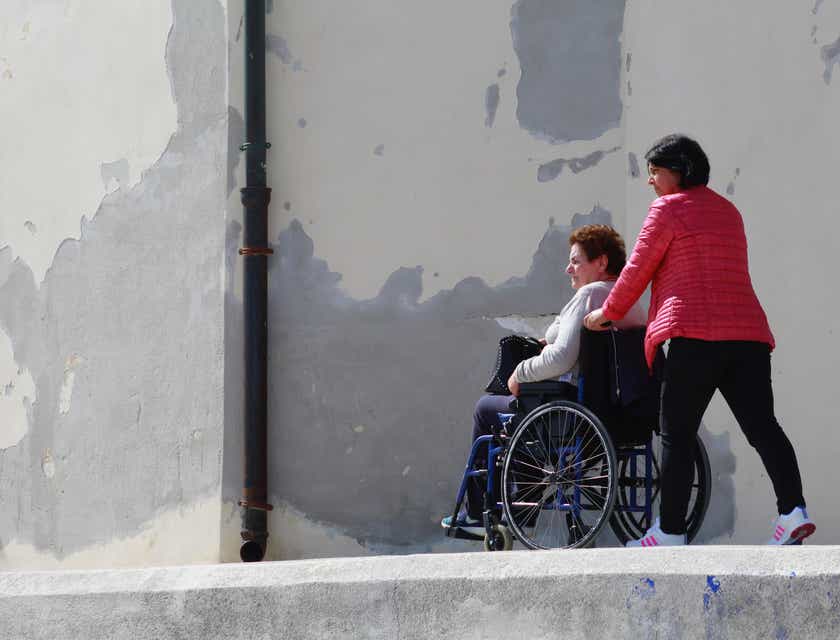Seniors looking to live a long life would do well to eat three large meals a day, (get plenty of sleep), and enjoy a monthly sushi dinner according to Misao Okawa who, at 116 years old, is the oldest living person in the world. While raw fish might not be my elderly mother’s first choice for supper, a healthy, well-balanced diet is certainly one of the keys to longevity.
March is National Nutrition Month sponsored by the Academy of Nutrition and Dietetics. The campaign is “designed to focus attention on the importance of making informed food choices and developing sound eating and physical activity habits.” The elderly face their own challenges when it comes to healthy eating. Physiological and psychological changes that occur as we age can make preparing and eating nutritious meals difficult. However, if there’s a group who can most benefit from a healthy diet, it’s the elderly.
Why don’t seniors eat properly?
Challenge: Sensory Changes — Taste and smell can diminish with age, so food just doesn’t taste as good anymore.
Possible Fix: Now’s the time to experiment with herbs, oils and spices. Although it’s tempting, don’t load up on added salt or sugar to increase the taste of foods.
Challenge: Medications — Certain medications can change the taste of food or dull the appetite.
Possible Fix: Talk to a doctor about medication substitution or best ways to counteract any side effects.
Challenge: Physical Challenges — Perhaps chewing is difficult because of dental issues. Digestion is more difficult and often seniors often complain of heartburn, constipation, and diarrhea.
Possible Fix: Softer foods like yogurt and quinoa are packed full of vitamins and are easy on the teeth and the digestive system. Fiber can help with digestion. As always, discuss the matter with the doctor.
Challenge: Lack of Mobility — Some seniors can no longer drive or have difficulty getting to the grocery store.
Possible Fix: Services like Peapod deliver groceries to your door. Non-profits like Store To Door of Minneapolis/St. Paul, shops for and delivers groceries and prescriptions to aging and homebound seniors.
Challenge: Financial Challenges — People think they can’t eat well on a limited budget.
Possible Fix: Buy local and in season. Whole foods cost less than processed foods. Clipping coupons can extend your grocery budget and help you eat well on the cheap.
Challenge: Loneliness and Depression — Many seniors are eating solo when a spouse passes on and friends are no longer available. Many balk at cooking for one.
Possible Fix: Caregivers should sit and eat with their senior clients (if that’s what the senior would like.) Senior programs like Meals on Wheels deliver meals for those who’d prefer not to cook and cooking clubs through senior social groups are readily available for those who would.
There are many benefits to eating well, especially for seniors. Eating well can reduce the risk of heart disease, stroke, bone loss, anemia, and type 2 diabetes. Healthy eating can also help you reduce high blood pressure and lower cholesterol. Nutritional eating keeps you healthy by providing needed nutrients to your whole body. Vitamins and nutrients can also help promote brain function.
Tufts University’s Modified MyPyramid for Older Adults emphasizes nutrient-dense food choices and the importance of fluid balance. They recommend the following for whole-body nutrition:
- Whole, enriched, and fortified grains and cereals such as brown rice and 100% whole wheat bread.
- Bright-colored vegetables such as carrots and broccoli.
- Deep-colored fruit such as berries and melon.
- Low- and non-fat dairy products such as yogurt and low-lactose milk.
- Dry beans and nuts, fish, poultry, lean meat and eggs. Liquid vegetable oils and soft spreads low in saturated and trans fat.
- Fluid intake.
- Physical activity such as walking, house work and yard work.

Food Pyramid for Older Adults by Tufts University
Senior caregivers can sign up for Caregiverlist’s newsletter, The Caregiver’s Gist, delivered to your email inbox every week. In addition to various senior issues, we share a weekly recipe for a tasty, healthy meal you can prepare for yourself or your senior client.
Seniors nationwide may turn to their local Area Agency on Aging to learn about community senior care services including nutrition and meal programs. Some may even offer meal delivery.
Caregiverlist knows senior caregivers are on the front lines of helping the elderly to eat right as a component of healthy aging. You can learn additional crucial caregiving skills by taking an 8-hour online Caregiver Certification training course provided by Caregiverlist Training University.







